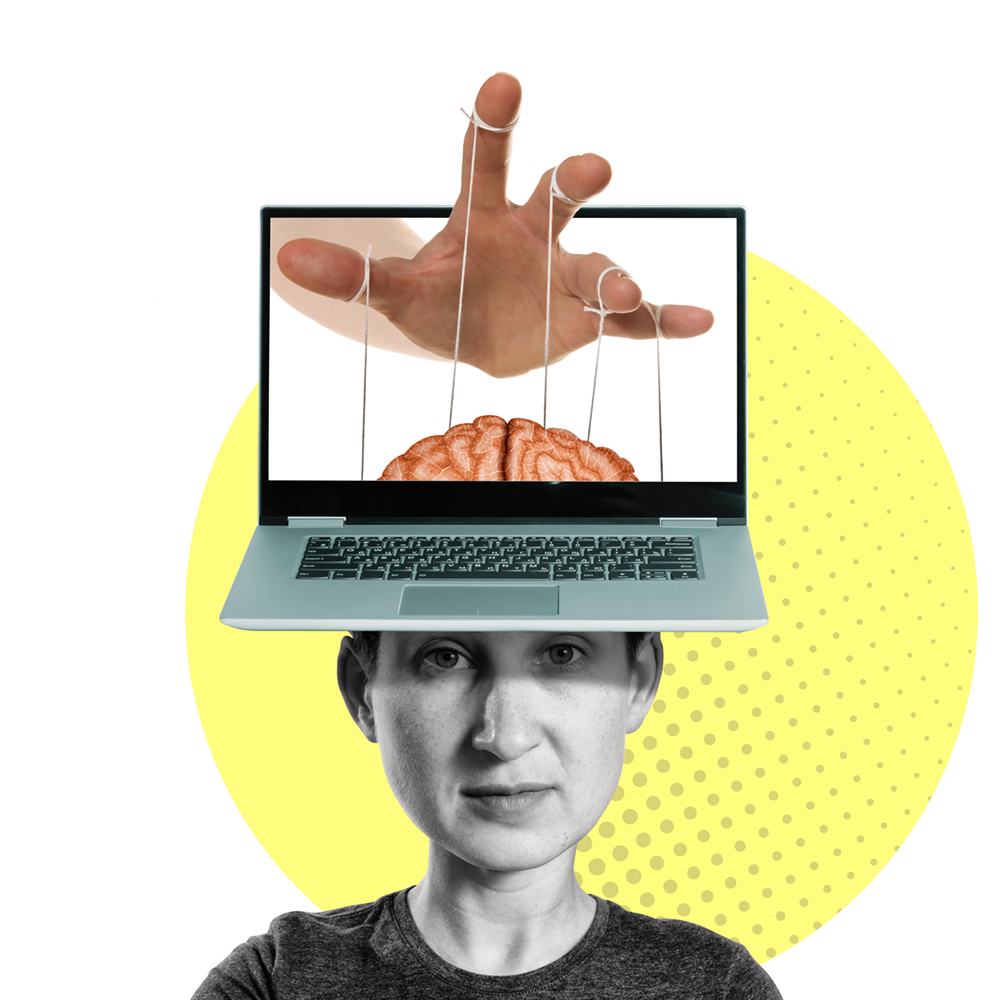Is Nutrition Junk science taking over social media? Asked and answered by a Long Island Registered Dietitian Nutritionist

People of all ages are increasingly getting their nutrition information from social media. Next people look to friends and family, then celebrities for nutrition advice and information. The result – misinformation and false news is spreading. This information, passed from one to another, may at best questionable and all too often false. And even worse, it can be dangerous.
Social media is based upon algorithms that provide individuals with information based upon their clicking patterns. This in turn strengthens the acceptance of misinformation. As explained in this World Economic Forum article, “social media may be putting us all at risk. Duplicating an official’s letterhead or strategically using key words to manipulate online search engines is the tip of the iceberg. The emergence of artificial intelligence-related developments such as DeepFakes– highly realistic doctored videos – is likely to make it a lot harder to spot misinformation”
There are risks and dangers of social media nutrition advice. The information disseminated may be presented as science, yet it lacks any scientific research supporting the claim. Accurate nutrition information is science-based, peer reviewed, and has been replicated. What is often posted to the public is “flawed experimental design or bad data”. Marketing and advertising (money making), opinion, sensational headlines, miracles, all prevail over science, as they cultivate and amplify misinformation over true expertise.
Everyone wants to offer advise – some are well meaning, and some want to sell you something. It can be challenging for consumers to tease out reputable versus fraudulent nutrition information and claims. But nutrition is a science. Recommendations, as with every science, must be evidence based. Unfortunately, this information can be boring, lacking the sensationalism of the media. Misinformation and pseudoscience therefore often prevail.
What you need to question is whether the “expert” who presents the information has legitimate credentials and are an expert in the information they are providing. The wellness industry is highly unregulated, and here are no regulations on self-professed titles such as “coach” or “nutritionist”. Go to the expert, a Registered Dietitian Nutritionist.
Do the experts you are listening to have credentials in the area they are talking about? Can you find information on their background and education? Do you have a nutrition question? Go to the experts, registered dietitians at eatright.org. Find sound nutrition information or connect with an expert near you.
Learn more here:


